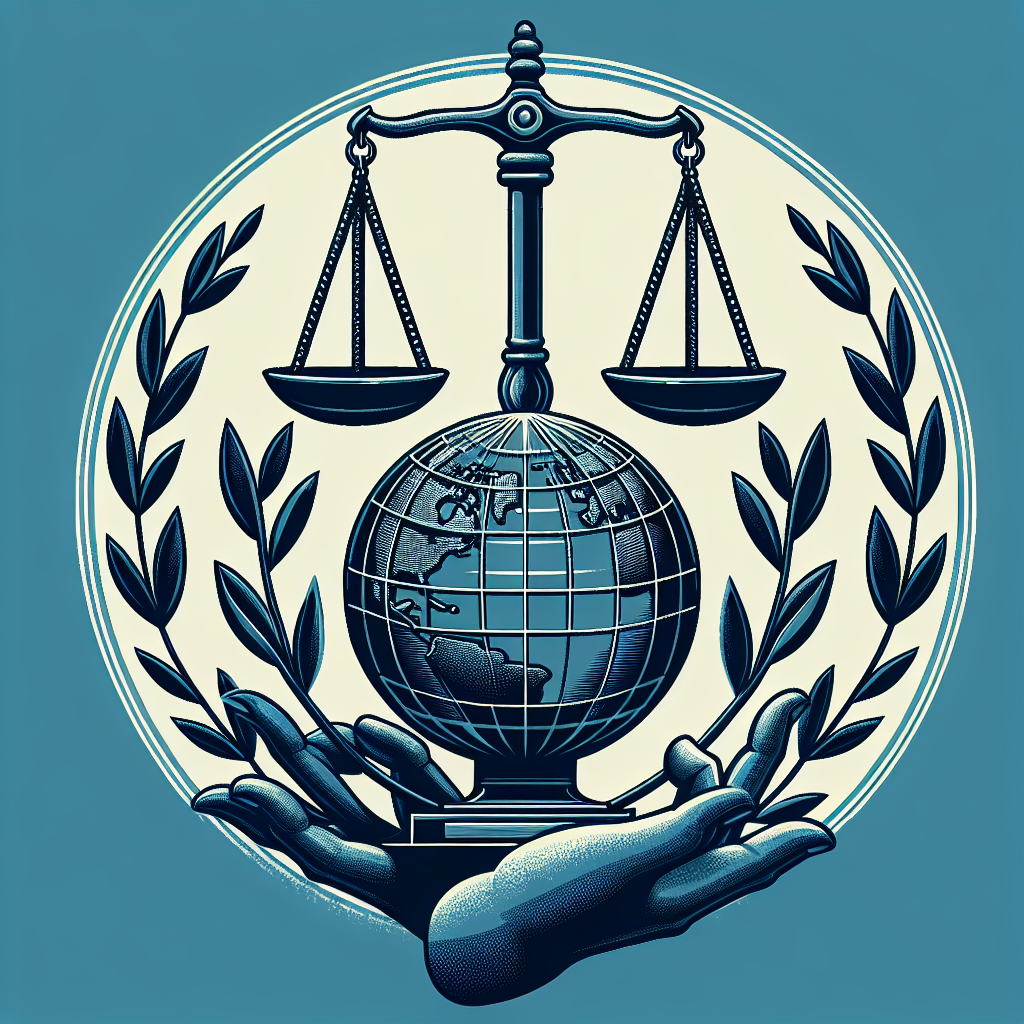Libertarianism and Foreign Policy: The Case for Non-Interventionism
Libertarianism is a political philosophy that emphasizes individual liberty, personal responsibility, and limited government intervention in both personal and economic affairs. When it comes to foreign policy, libertarians advocate for a non-interventionist approach, arguing that minimizing government intrusion in the affairs of other nations leads to a more peaceful and prosperous world. This article explores the principles of libertarianism as they relate to foreign policy and lays out the case for non-interventionism.
What is Libertarianism?
At its core, libertarianism stresses the importance of individual rights and freedoms. It advocates for minimal government involvement in both the personal lives of individuals and the market economy. Libertarians believe that voluntary interactions and free markets yield the best outcomes for society, allowing individuals to pursue their interests without coercion or undue interference. This philosophy extends beyond borders, shaping a distinct perspective on international relations.
The Libertarian Perspective on Foreign Policy
Libertarians argue that foreign policy should be guided by the same principles that govern domestic policy—namely, respect for individual rights, non-aggression, and voluntary cooperation. This perspective emphasizes diplomacy over military intervention and advocates for the reduction of the military-industrial complex’s influence on government policy.
The Non-Aggression Principle (NAP)
Central to libertarian philosophy is the Non-Aggression Principle (NAP), which posits that aggression against individuals is inherently wrong. In the context of foreign policy, the NAP translates to a rejection of military intervention, as it often involves the use of force against foreign nations or peoples. Libertarians maintain that countries should resolve disputes through dialogue and negotiation rather than through military action.
Consequences of Interventionism
History has shown that military intervention often leads to unintended consequences, including prolonged conflicts, destabilization of regions, and humanitarian crises. Libertarians argue that interventions not only violate the rights of individuals in the affected nations but also negatively impact the intervening nation, leading to loss of life, financial burdens, and damage to international standing.
The Economic Case for Non-Interventionism
Beyond ethical considerations, libertarians highlight the economic implications of non-interventionist foreign policy. Military operations are costly, diverting resources away from domestic priorities such as healthcare, education, and infrastructure. A non-interventionist stance allows for the reallocation of these resources, fostering economic growth and enhancing the quality of life for citizens.
Trade and Diplomacy as Alternatives
Libertarians advocate for trade and diplomatic relations as alternatives to military intervention. By engaging in free trade, nations can foster mutual benefit and cooperation, reducing the likelihood of conflicts. Diplomatic efforts aimed at resolving international disputes peacefully are preferable to the use of force, ensuring a respect for sovereignty and self-determination.
Historical Context of Non-Interventionism
Historically, America’s foreign policy has oscillated between interventionism and non-interventionism. Prominent libertarian figures, such as Congressman Ron Paul, have called attention to the dangers of foreign entanglements, encouraging a return to a non-interventionist approach exemplified by America’s founding fathers. Events like the Vietnam War and the Iraq War are often cited as examples of the repercussions of interventionist policy, with libertarians arguing that a non-interventionist stance would have prevented such tragedies.
The Current Debate on Foreign Policy
In today’s politically polarized environment, the debate over foreign policy remains heated. Some argue for a robust military presence to combat terrorism and maintain global order, while libertarians push back, suggesting that such a strategy only perpetuates hostility and instability. The rise of isolationist sentiments among certain political groups indicates a growing recognition of the failures of interventionism.
The Role of International Organizations
Libertarians are often critical of international organizations that promote interventionist policies, such as NATO and the United Nations. They argue that these entities can usurp national sovereignty and encourage member states to engage in military actions that may not align with their interests or values. Instead, libertarians advocate for a system based on voluntary agreements and mutual respect between nations.
Conclusion: A Call for Non-Interventionism
Libertarianism offers a compelling framework for understanding foreign policy through the lens of non-interventionism. By prioritizing individual rights, peace, and mutual cooperation, libertarian principles advocate for a world where nations respect one another’s sovereignty and resolve disputes without coercion. As the global landscape continues to evolve, the case for a non-interventionist approach remains a relevant and vital topic for policymakers and citizens alike. Embracing such principles could lead not only to a more peaceful international order but also to a more prosperous future for all.
By engaging in discussions about libertarianism and its implications for foreign policy, individuals can contribute to a more informed and nuanced understanding of these critical issues. Whether through writing, advocacy, or simply sharing ideas, every voice matters in shaping the future of international relations.
Share this content:












Post Comment